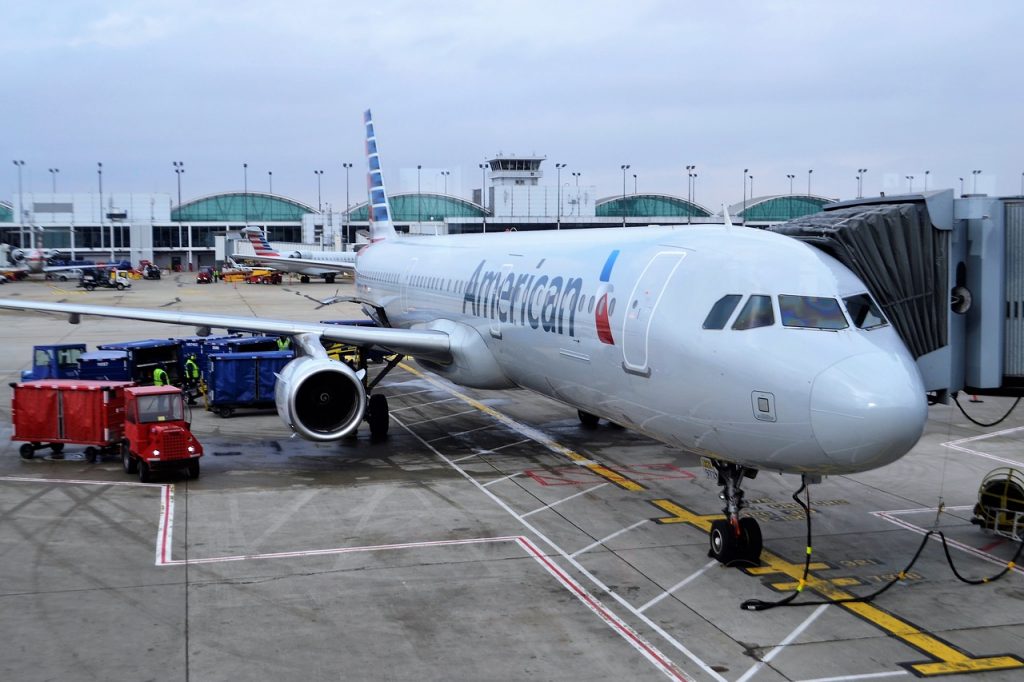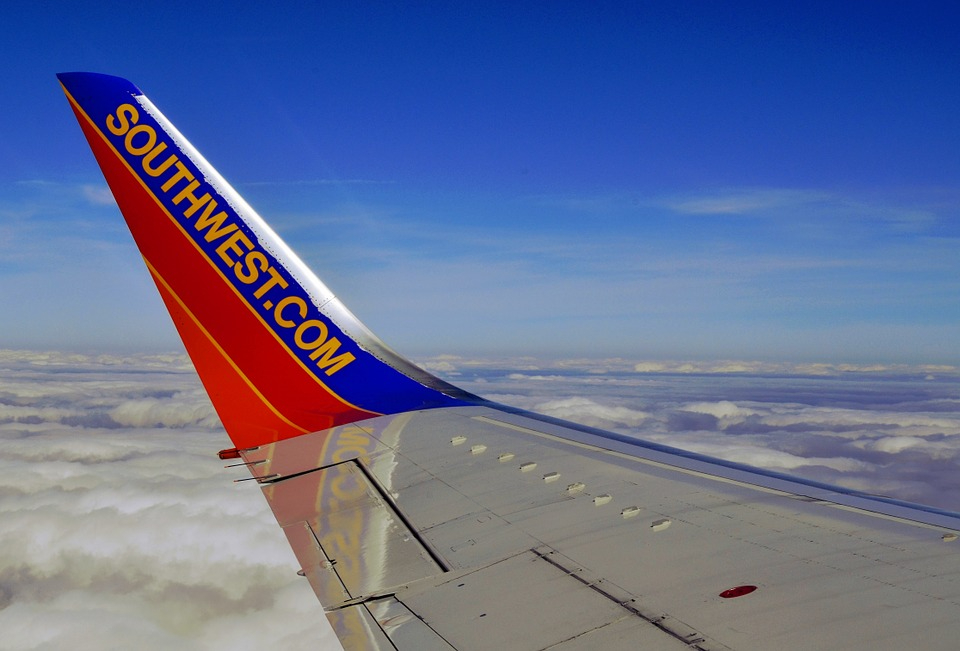The New 5G Cellular Network Can Crash Airplanes?
The new 5G cellular network could potentially have the propensity to crash planes.
This article is more than 2 years old

Over the past couple of years, the airline industry has been dealt its fair share of difficult hands. The beast that is the pandemic nearly brought the collective group of US airlines to their knees, and had the government not bailed them out, they would have all succumbed to COVID’s societal upheaval. In fact, COVID is still having its fair share of fun with them, as both United and Delta were forced to call off hundreds of flights on Christmas Eve preventing many from reuniting with their families. If the airline industry’s pandemic-induced woes weren’t enough to field, they are also currently entrenched in a political battle with the Federal Communications Commission (FCC) over the rollout of the new 5G cellular network. According to CNN, airlines are concerned over the network’s ability to interfere with vital in-flight equipment enough to crash planes.
While it is unlikely that airplanes will crash (per se) as a result of widespread utilization of the new 5G cellular network, the Federal Aviation Administration (FAA) has expressed some very real concerns regarding the potential risks that 5G could pose to aircraft that are in flight. The FAA has explained that they believe that 5G network signals, specifically signals coming from cell towers near airports, have the capacity to cause radar altimeters to provide pilots with inaccurate readings.
If what the FAA is saying is true, then that is very worrisome because those radar altimeters are the devices that let pilots know how close or far away they are from the ground. If pilots are being fed false data from those devices then that could severely impact their abilities to land safely. Therein lies the possibility of a plan crashing as a result of inadvertent 5G interference. While a plane crashing would be the worst-case scenario, the FAA did put out a communique that outlined the possibility for a vast array of flights being rerouted or delayed due to potential complications caused by 5G.

So why does the FAA believe so strongly that 5G poses dangers to airline equipment? It is because 5G operates on a C-Band frequency and that C-band frequency happens to exist right next to the frequency used by critical airline cockpit equipment like the radar altimeters. The FAA is worried that because the two frequencies sit so close together that there is likely to be overlap. However, while there is some merit behind the FAA’s worries, Harold Feld, a telecom expert at the consumer group Public Knowledge detailed that the dangers are likely not as dire as the FAA is making them out to be. He said in a company blog post that “It’s worth noting that about 40 other countries have approved use of 5G in C-Band.”
The 5G network is currently scheduled to go live on January 5, 2022, and at present, the FAA remains firmly against launching the new network. That being said, both the FAA and FCC have been working together to arrive at a solution that satisfies both sides. The FCC asserted that they do not want any planes to crash. And Feld pointed out that the FCC is “extremely aware that if they screw up people could die.”
At this point, it remains unclear whether or not 5G will still be launched on January 5, 2022. But regardless of the outcome, it is encouraging to know that “Right now there is a nonstop, constant exchange of information going on between the federal agencies and the industry stakeholders on both sides,” said a person with knowledge of the ongoing negotiations.



